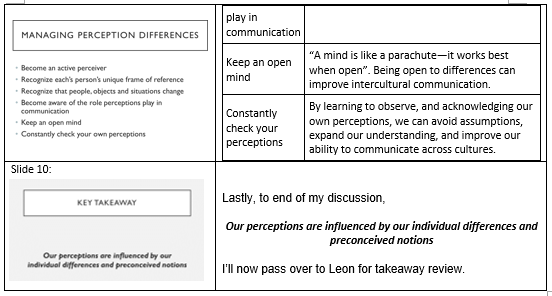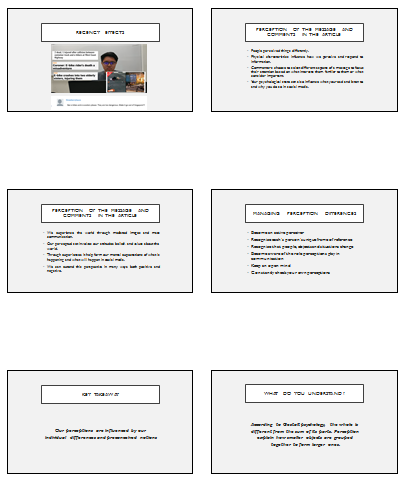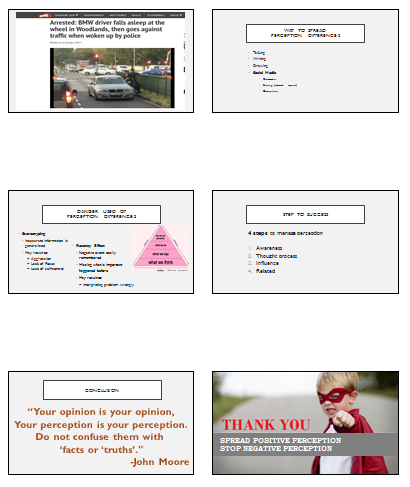For this final post, I will be reflecting on the long weeks of learning interpersonal and work communication module. It had been a long journey through this module and of course, it had been challenging to say the least. Right from the very first day of the lesson, I felt compelled yet excited to learn this module. I learned about the importance of communication skills, process, models and channels. I have achieved the objectives that I set in the beginning of this course. I will apply the Thomas-Kilmann Conflict Mode Instrument (TKI) for handling interpersonal conflict. I will put the use of Daniel Goleman's quote of using the five components of emotional intelligence and success to further enhance my communication.
In forming a group of four team members, teamwork is always going to play a huge part in the group project for this module. Luckily, working with my team members seemed to be getting on very well. I had always found myself getting stuck in coming up with ideas for the project pitch and its content during group meetings. I always said what I felt was necessary. This was down to feel very comfortable amongst the rest of my group and knowing that they would respect my opinion and this was the same for each member. There was always a lot of respect for one another.
Overall, the project has been a lot of fun and completely challenging experience right from start to the finish. Having to produce an almost three-minute video skit production from scratch was very rewarding and the video could not have been achieved without each of my member's contribution. I'm very pleased with the outcome of the sound piece and the presentation. This could not have been possible without teamwork. On the other hand, I was not completely satisfied with my presentation outcome and wished I could have done more and better improved myself. It was a shame but now I know what to expect to improved my presentation skills.
Below were my group presentation slides including my notes and scripts for the presentation. A lot of changes need to be made to meet the content requirements however the effort invested in were definitely worth it.😄
Below was my group video production.
Finally, that was the end of our presentation and it was a wrap up for this module!😌












